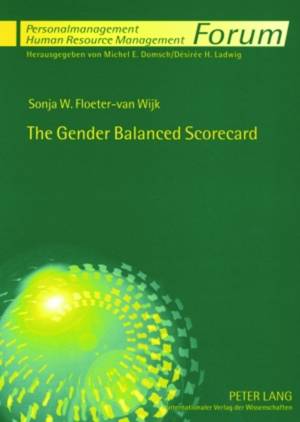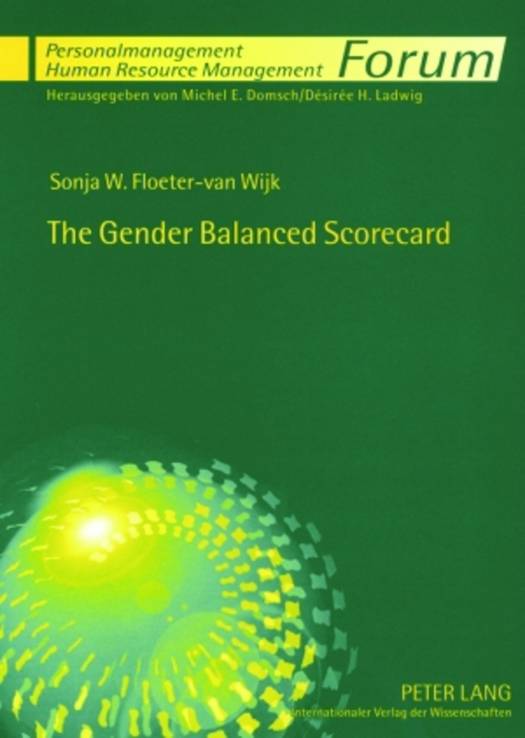
- Afhalen na 1 uur in een winkel met voorraad
- Gratis thuislevering in België vanaf € 30
- Ruim aanbod met 7 miljoen producten
- Afhalen na 1 uur in een winkel met voorraad
- Gratis thuislevering in België vanaf € 30
- Ruim aanbod met 7 miljoen producten
Zoeken
The Gender Balanced Scorecard
A Management Tool to Achieve Gender Mainstreaming in Organisational Culture
Sonja Floeter-Van Wijk
€ 81,45
+ 162 punten
Omschrijving
Labour markets and demographics are changing. Highly qualified personnel is likely to become scarcer and for this reason it is important that more highly qualified women participate in the labour market. WorkLifeBalance and gender mainstreaming are issues that become important and organisations will need practical instruments to assist with the implementation of such initiatives. This publication aims at researching the use of the gender balanced scorecard as (long-term) change management instrument to implement gender mainstreaming in organisational culture. Case studies and in-depth interviews are the basis for the empirical research done in six organisations in Germany and the Netherlands. This research shows that a gender balanced scorecard could be a useful instrument for management, but before it can be introduced general awareness towards gender initiatives will have to be increased in organisations.
Specificaties
Betrokkenen
- Auteur(s):
- Uitgeverij:
Inhoud
- Aantal bladzijden:
- 234
- Taal:
- Engels
- Reeks:
- Reeksnummer:
- nr. 8
Eigenschappen
- Productcode (EAN):
- 9783631567111
- Verschijningsdatum:
- 8/08/2007
- Uitvoering:
- Paperback
- Formaat:
- Trade paperback (VS)
- Afmetingen:
- 148 mm x 210 mm
- Gewicht:
- 319 g

Alleen bij Standaard Boekhandel
+ 162 punten op je klantenkaart van Standaard Boekhandel
Beoordelingen
We publiceren alleen reviews die voldoen aan de voorwaarden voor reviews. Bekijk onze voorwaarden voor reviews.











